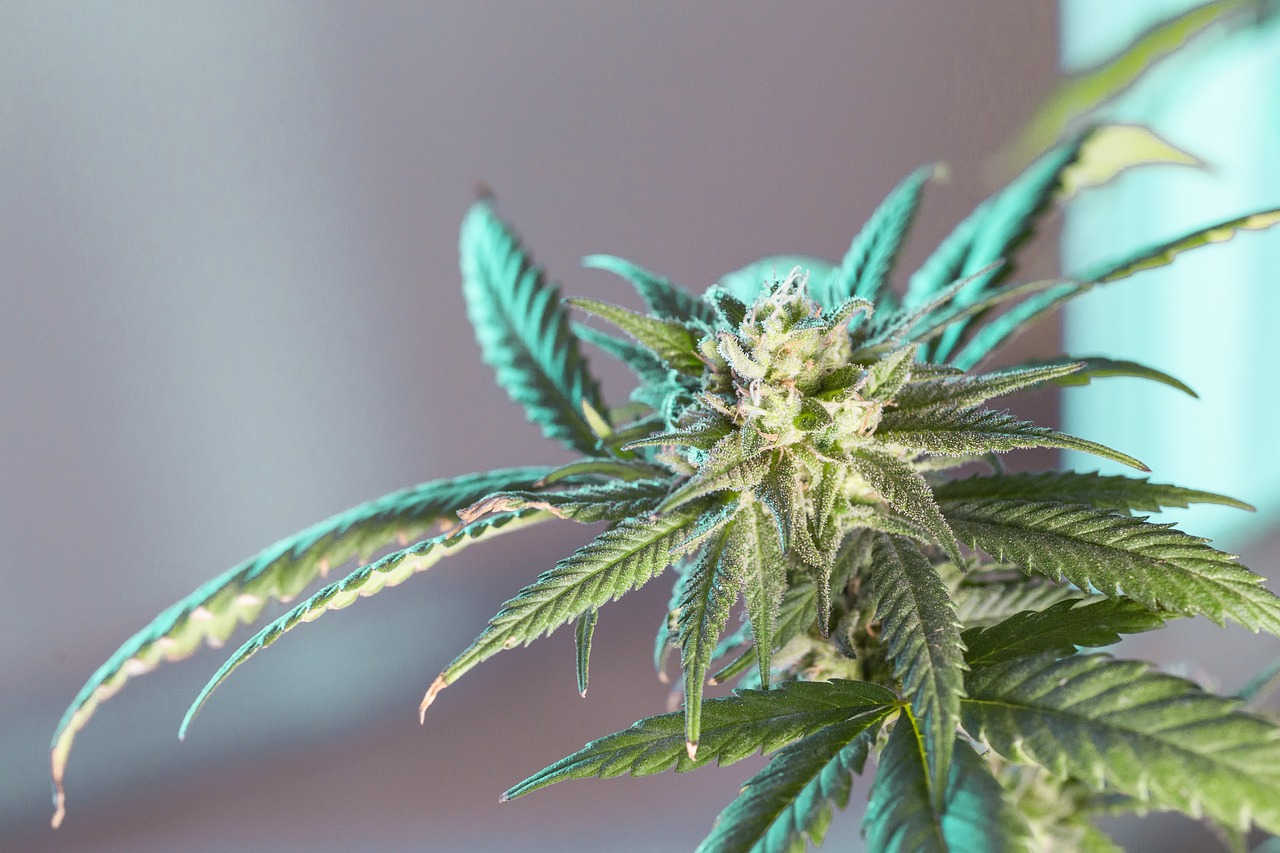In recent years, the interest in cannabis and its compounds has surged, leading to a deeper understanding of its potential therapeutic benefits. Among these compounds, Tetrahydrocannabinolic Acid (THCA) has emerged as a subject of significant interest. Unlike its more famous counterpart, THC, THCA is non-psychoactive, yet it holds a range of potential health benefits that are worth exploring.
Understanding THCA
THCA is a cannabinoid found in raw and live cannabis plants. It is the acidic precursor to THC, the compound responsible for the psychoactive effects of cannabis. When cannabis is heated through smoking, vaping, or cooking, THCA flower for migraines undergoes decarboxylation, converting into THC. This transformation is why raw cannabis does not produce the “high” associated with its consumption.
Non-Psychoactive Nature
One of the most appealing aspects of THCA is its non-psychoactive nature. This makes it an attractive option for individuals seeking the therapeutic benefits of cannabis without the mind-altering effects. This characteristic opens up possibilities for a wider range of applications, particularly for those who may be sensitive to THC.
Potential Health Benefits of THCA
Research into THCA is still in its early stages, but preliminary findings suggest a variety of potential health benefits. These include:
- Anti-Inflammatory Properties: THCA has shown promise in reducing inflammation, which could be beneficial for conditions such as arthritis and other inflammatory diseases.
- Neuroprotective Effects: Some studies suggest that THCA may help protect brain cells, potentially offering benefits for neurodegenerative diseases like Alzheimer’s and Parkinson’s.
- Anti-Emetic Properties: THCA may help reduce nausea and vomiting, making it a potential option for patients undergoing chemotherapy or those with chronic conditions that cause nausea.
- Antioxidant Properties: The compound may help combat oxidative stress, which is linked to a variety of chronic diseases.
Case Studies and Research
While comprehensive clinical trials are still needed, several case studies and preliminary research provide insights into THCA’s potential. For instance, a study published in the “British Journal of Pharmacology” highlighted THCA’s anti-inflammatory properties, suggesting its potential in treating inflammatory bowel diseases. Another study in “Phytomedicine” explored its neuroprotective effects, indicating possible benefits for neurodegenerative conditions.
Methods of Consumption
THCA can be consumed in various ways, each offering different benefits and experiences. Some popular methods include:
- Raw Cannabis Juicing: Consuming raw cannabis leaves and flowers through juicing preserves THCA in its natural form, allowing users to benefit from its properties without psychoactive effects.
- Tinctures and Oils: These products are made by extracting THCA from the cannabis plant, offering a concentrated form that can be easily added to food or beverages.
- Topicals: THCA-infused creams and balms can be applied directly to the skin, providing localized relief for inflammation and pain.
Legal Considerations
The legal status of THCA varies by region, often depending on the broader legal framework surrounding cannabis. In areas where cannabis is legal for medical or recreational use, THCA products are generally available. However, in regions with stricter cannabis laws, access to THCA may be limited. It’s important for consumers to be aware of local regulations before seeking out THCA products.
Challenges and Future Research
Despite its potential, the study of THCA faces several challenges. The legal status of cannabis in many parts of the world limits research opportunities. Additionally, the complexity of cannabis as a plant, with its myriad compounds and interactions, makes isolating the effects of THCA difficult. Future research will need to address these challenges to fully understand and harness the therapeutic potential of THCA.
Promising Directions
Researchers are optimistic about the future of THCA research. As legal barriers continue to fall and interest in cannabis-based therapies grows, more comprehensive studies are likely to emerge. These studies will help clarify the specific conditions and symptoms that THCA can effectively address, paving the way for its integration into mainstream medical treatments.
Conclusion
THCA represents a promising frontier in the exploration of cannabis-based therapies. Its non-psychoactive nature and potential health benefits make it an attractive option for a wide range of individuals. While research is still in its infancy, the existing studies and anecdotal evidence suggest that THCA could play a significant role in future medical treatments. As the scientific community continues to explore this compound, it holds the potential to offer new hope for patients seeking alternative therapies.
